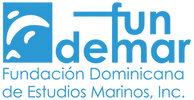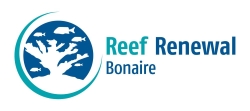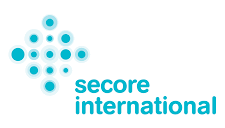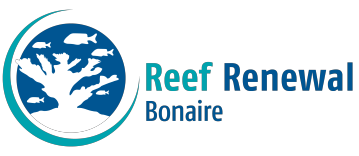November 2023 - 2026
We’ve joined forces with Fundación Dominicana de Estudios Marinos (FUNDEMAR) and SECORE International to implement innovative approaches for large scale coral restoration. We’re focused on refining each step of the Coral Seeding process and fostering interdisciplinary collaboration. Our overall goal is to scale up the impact of coral restoration efforts in the Caribbean by sharing knowledge with practitioners, managers, and stakeholders throughout the region
This 3-year project is possible thanks to funding from the Coral Research & Development Accelerator Platform (CORDAP).
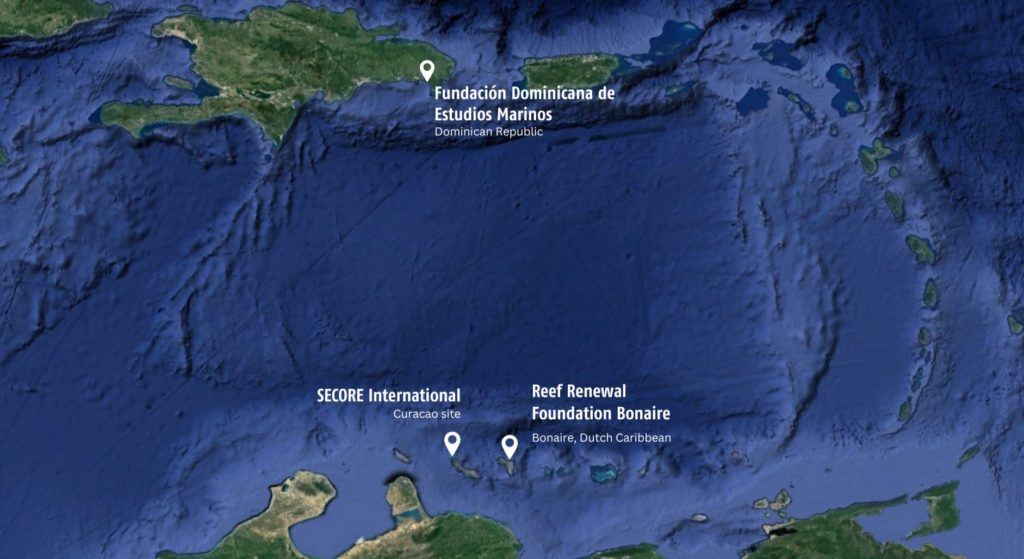
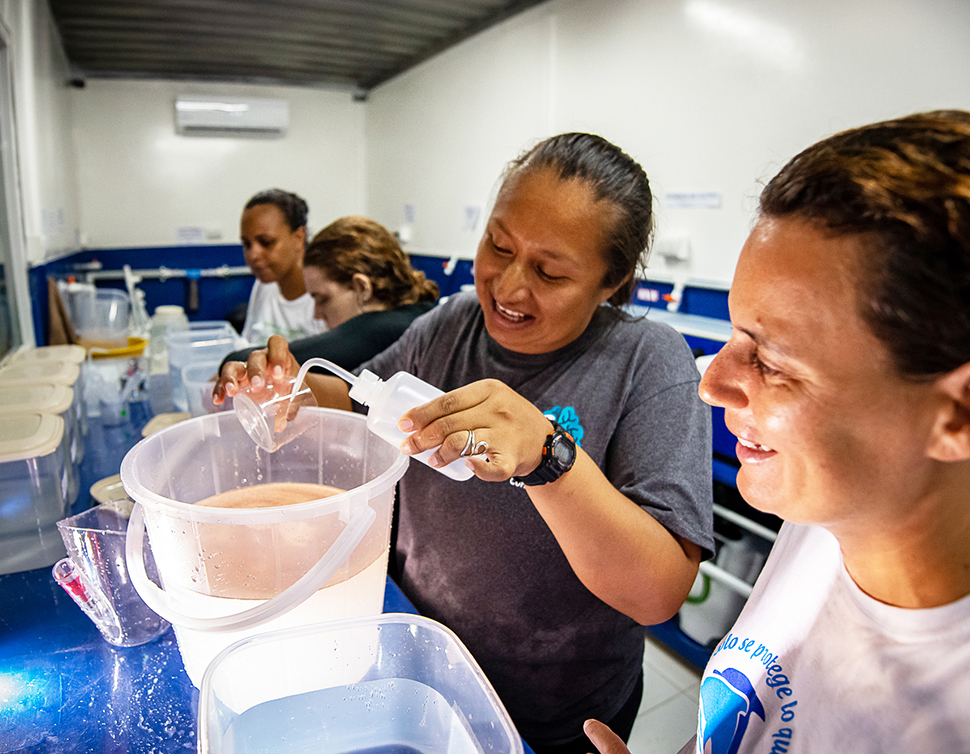
Collaboration for Restoration
FUNDEMAR, RRFB, and SECORE focus on distinct yet important aspects of coral restoration – spanning research, technology development, and implementation. By combining forces, we can leverage our strengths as interdisciplinary restoration organizations to maximize our impact in the Caribbean region.
We’ll exchange knowledge and resources to promote the replicability of Coral Seeding methodology on other islands via training workshops, scientific exchange, and other communication channels. This project serves as a framework for collaborative restoration, especially as it pertains to large-scale Coral Seeding technology and implementation.
What is Coral Seeding?
Coral Seeding is a restoration technique that harnesses the natural ability of corals to sexually reproduce. Each step of the process aligns with a key stage of coral development, including spawning, fertilization, and settlement. By facilitating fertilization and giving larvae a place to settle permanently, Coral Seeding greatly increases the odds that coral offspring make it through their first year of life.
Why it’s important:
Coral reef ecosystems are rapidly changing. By encouraging the creation of new genetic material, Coral Seeding boosts the genetic diversity and overall resilience of key coral populations. Different genotypes exhibit different responses to environmental stressors, such as prolonged heat or disease. The more genotypes present in a given population, the higher the chances it has as a whole of coping with changing conditions.
“As the Caribbean faces increasingly challenging ocean conditions, harnessing the latest technologies for large-scale coral breeding takes on an ever more crucial role in assisting the recovery of endangered coral populations. As restoration-focused organizations, it’s important to unite strengths to amplify our efforts and promote the restoration of stronger, more resilient coral reefs.”
– Francesca Virdis | Chief Operating Officer, RRFB
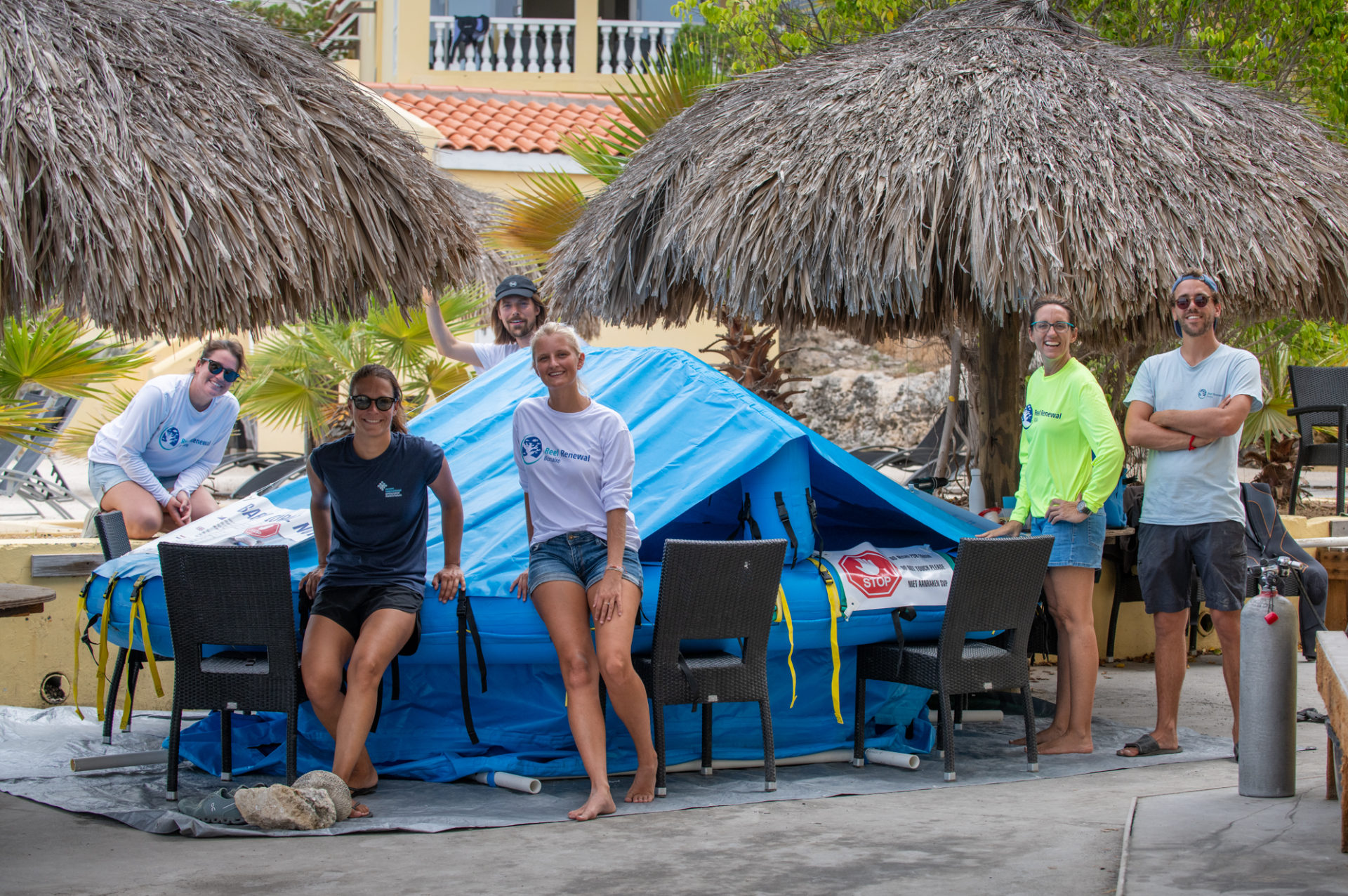
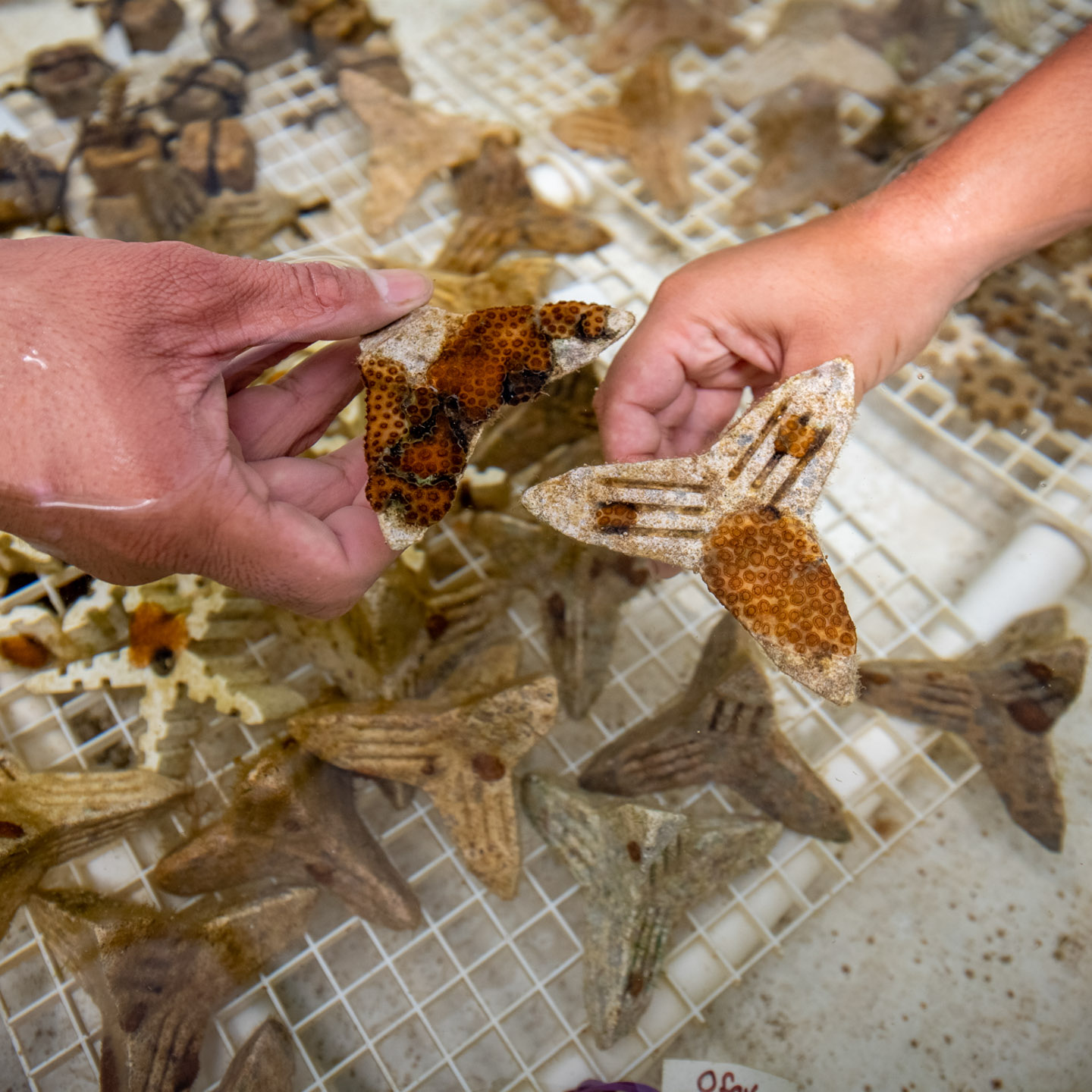
Technical Strategies
Funding from CORDAP will allow us to test, develop, and implement novel technologies that can be used at each step of the Coral Seeding process. We’ll test multi-colony collectors (MCC’s), a recent innovation designed to capture large quantities of coral gametes during spawning events, at in-situ coral nurseries and outplanting sites. To facilitate bulk outplanting, new substrates will be tested for their ability to provide young corals a place to settle.
One of our technical goals is to scale up existing technology, including floating devices for culturing coral larvae (Coral Rearing In-situ Basins “CRIBs”). We’ll continue to develop strategies for feeding coral offspring directly after settlement in an effort to increase survivorship after outplanting.
Surface deployment of coral substrates and direct settlement on the reef, techniques with only experimental findings thus far, will also be piloted.
Land-based nursery facility
FUNDEMAR’s land-based coral larvae rearing facility in the Dominican Republic will be expanded to double its current capacity, and a new facility will be designed for RRFB in Bonaire. Both facilities will greatly increase each organization’s capacity for Coral Seeding, allowing more coral offspring to be reared and safeguarded in a controlled setting before being outplanted. Importantly, they will serve as a resource for research and education.
“To scale the restoration to have a significant impact, we work with experts from different disciplines to optimize our approach, increase efficiency, and scale. Technology and design are the key to achieving these goals. The same concepts used in other industries – scaling production, reducing labor, optimizing logistics, etc. – are directly applicable to coral restoration.
We support local partners who have knowledge of their reefs and know how to integrate their local communities to implement restoration on the ground, providing them the training and equipment needed to start and grow their programs.”
– Aric Bickel | Director of Technology and Implementation, SECORE international
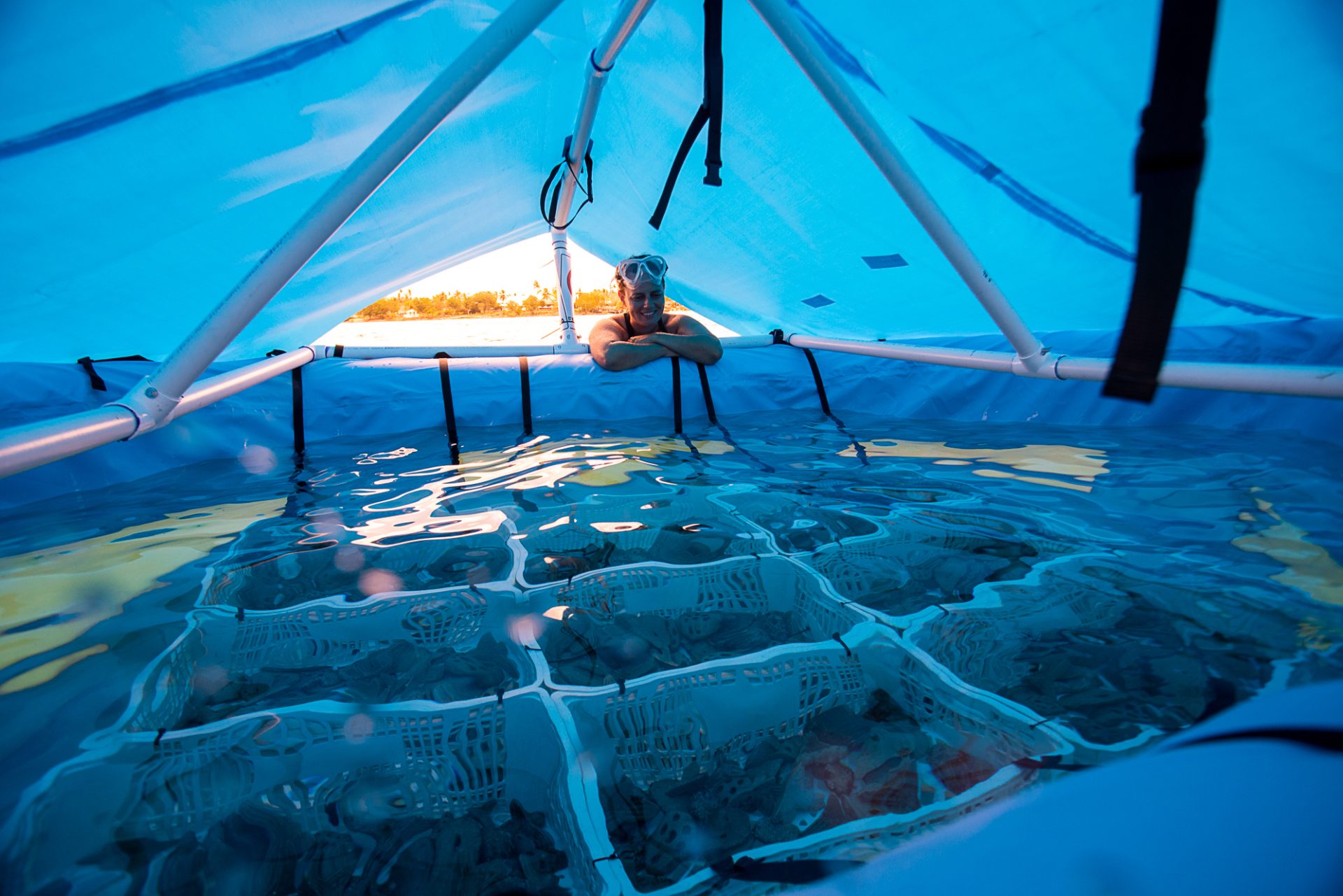
What is CORDAP?
This 3-year project is supported by funding of US 1.38 million from the Coral Research & Development Accelerator Platform (CORDAP), a UN grant program designed to fastrack research and development around coral reef recovery worldwide. New funding from CORDAP enables the three organizations to focus not only on technical strategies of Coral Seeding, but also on ways to incorporate and adapt them to other Caribbean locations.

“Coral reefs are in a critical period, where threats seem to never end. CORDAP offers a unique financing platform, encouraging coordinated cooperation projects and generating strategic alliances between experts, communities, and countries to achieve their survival with haste.”
– Rita Sellares | Chief Executive Officer, FUNDEMAR
